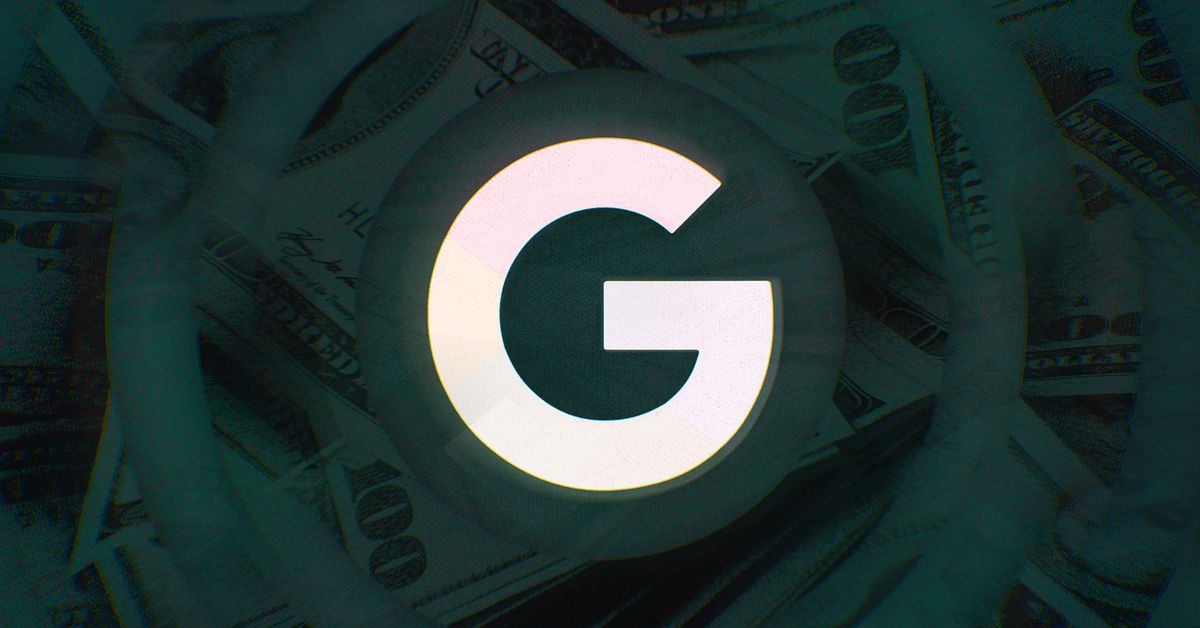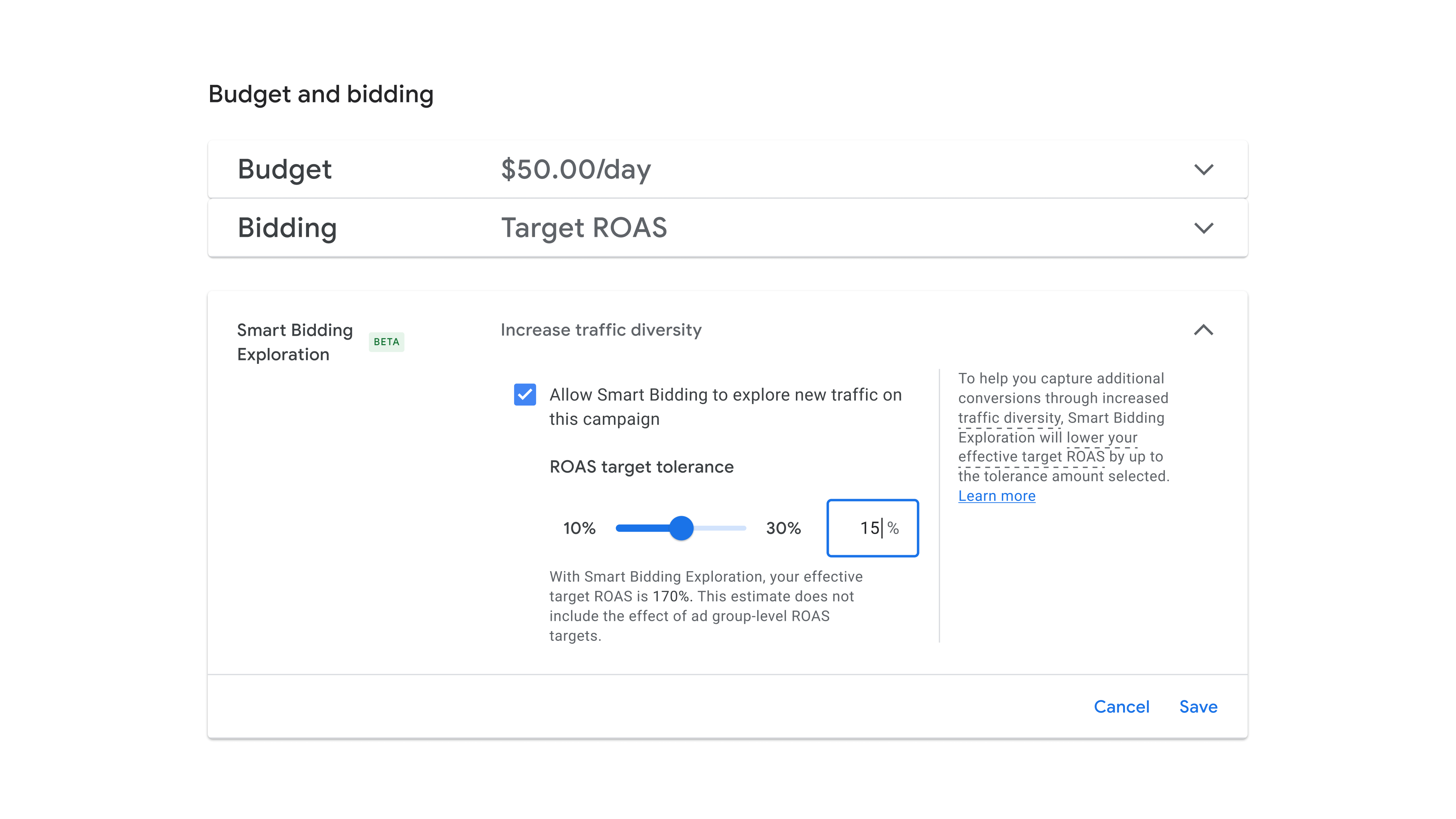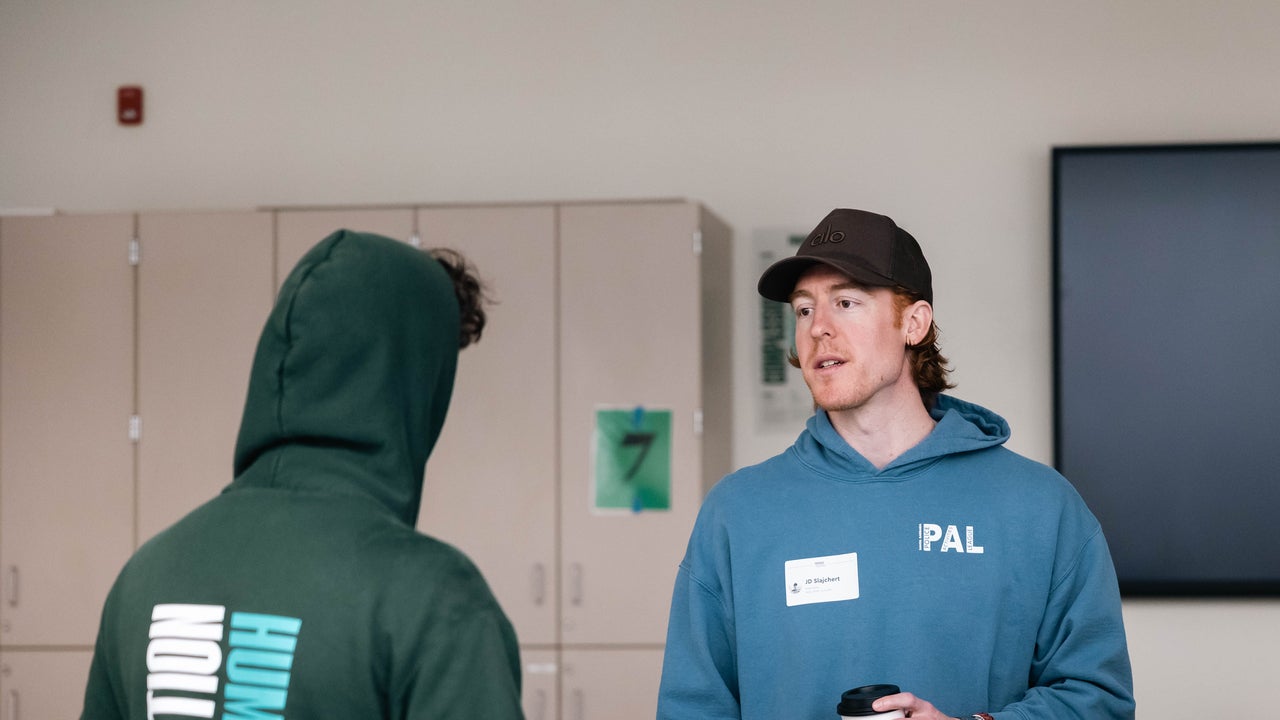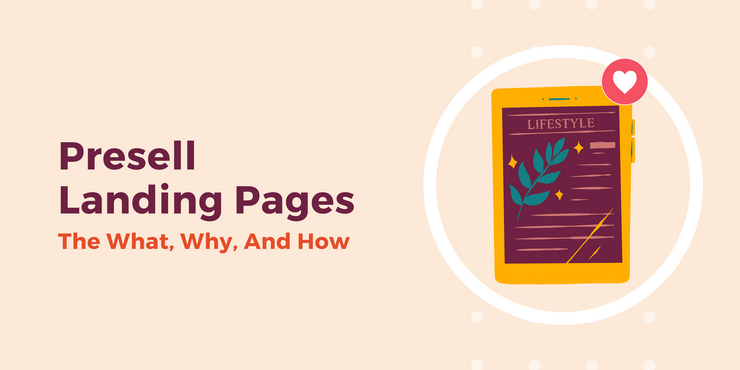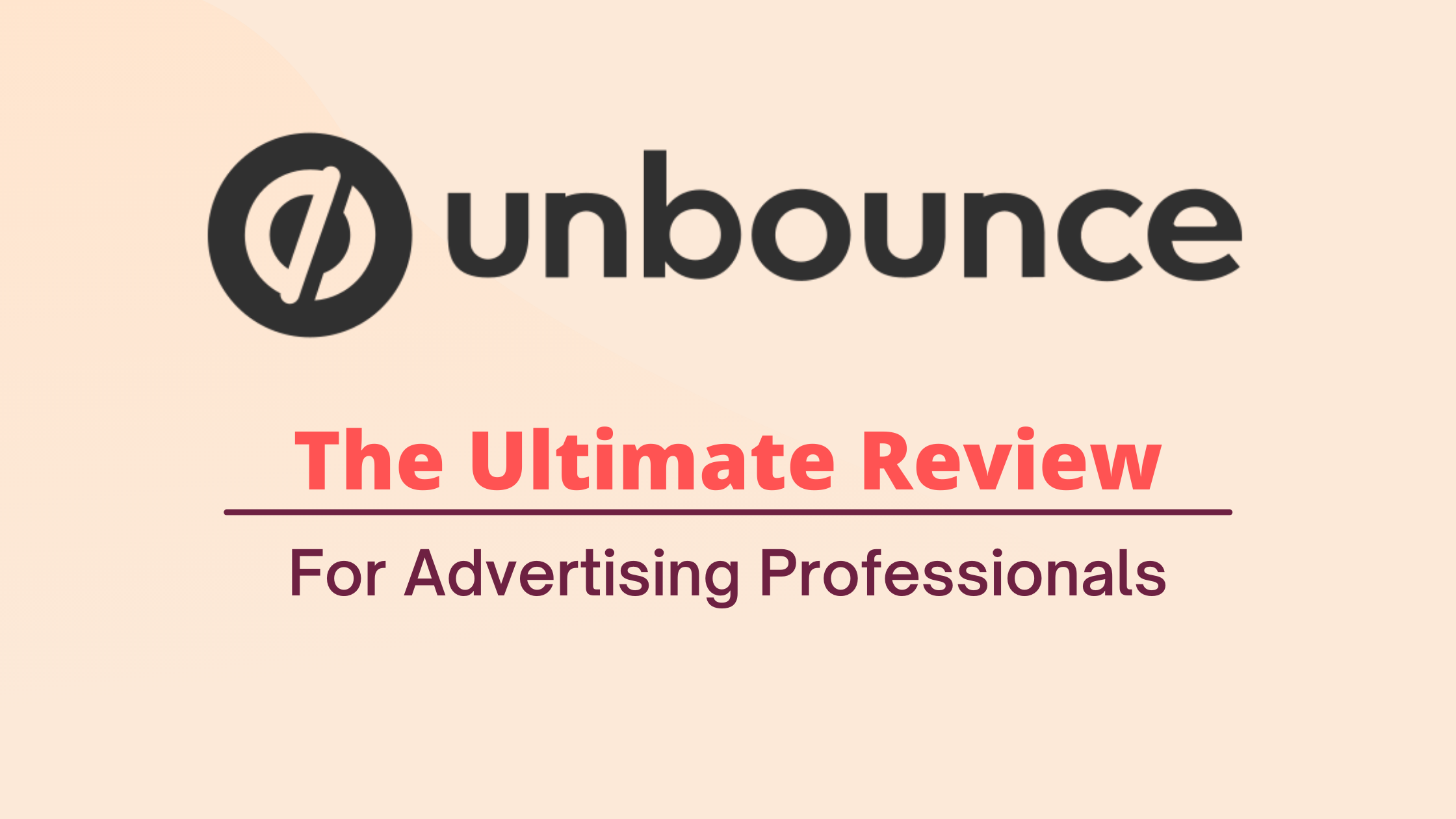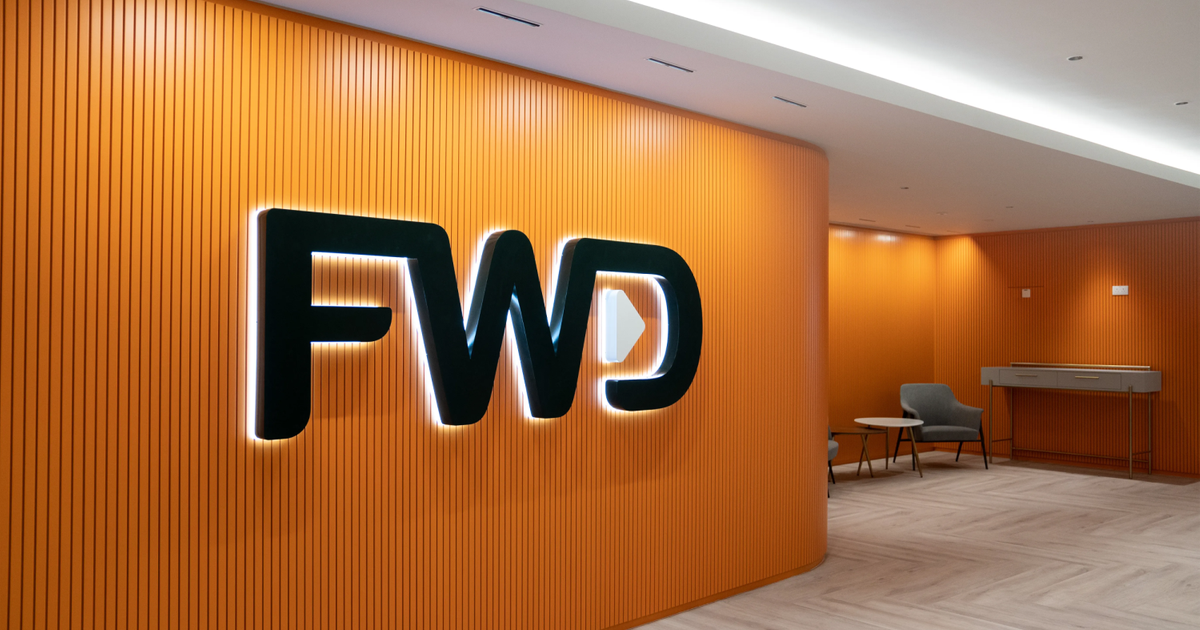What’s next with AI?
Illustration by Diana YoungConsumers are already putting AI tools to use for both productivity and creativity. But what’s next? Continue reading…
/cdn.vox-cdn.com/uploads/chorus_asset/file/25417605/unmask.jpg)
Artificial intelligence is undeniably the story of the year.
To better understand the rapid rise and adoption of generative AI tools, in late June 2023, The Verge and Vox Media partnered to conduct a representative study of how adult Americans are using and thinking about AI. The Verge published its initial findings at the time on The Verge and in Vox Media’s press room. This initial AI report was a follow-up to our major consumer tech trust surveys conducted in 2017, 2020, and 2021.
Now, nearly one year later, we’re sharing our full, updated findings and building on our initial AI report. This is the next wave of our AI consumer survey.
With AI being top of mind for The Verge and Vox Media’s partners, we also wanted to share our overall key findings for brands looking to understand and leverage AI tools. Here are some of those overall takeaways from the survey, with a more comprehensive look at the data available in the report above.
One year later: where we are after a year with AI.
Creativity and productivity: how AI will scale differently — namely, by age — when it comes to creativity and productivity.
Trusting the data: understanding how consumers think about the data and whether they trust it.
Coexisting with AI: for all the discussion about AI replacing things, it’s really about augmentation and incrementally coexisting with AI.
This next phase in AI is about proving AI, where hype will transition into reality, practicality, and usage in our everyday lives.
How you can join the conversation about AI
Here at Vox Media and The Verge, we’re obsessed with quality storytelling and journalism. As artificial intelligence continues to infiltrate our lives, our editorial brands will help guide our audience of over 100 million people here in the US through this next wave of innovation, discerning what is hype and what will have a real impact on humanity.
Methodology
In December 2023, the Vox Media Insights and Research team surveyed more than 2,000 consumers with our partner, The Circus. The Circus is an insight and data storytelling consultancy that specializes in original trend research, thought leadership, and strategic brand positioning rooted in a human-data centric approach.
Special thanks to these individuals who helped bring this survey to life:
Andrew Melnizek – VP and GM, The Verge and Polygon
Edwin Wong – SVP, Insights and Research, Vox Media
Sebastian Fernandez – Founder, The Circus
Diana Young – Designer, D-Constructed
Jacob Kastrenakes – Executive Editor, The Verge
Kara Verlaney – Managing Editor, The Verge
Nilay Patel – Editor-in-Chief, The Verge
Helen Havlak – Publisher, The Verge

 Fransebas
Fransebas 







